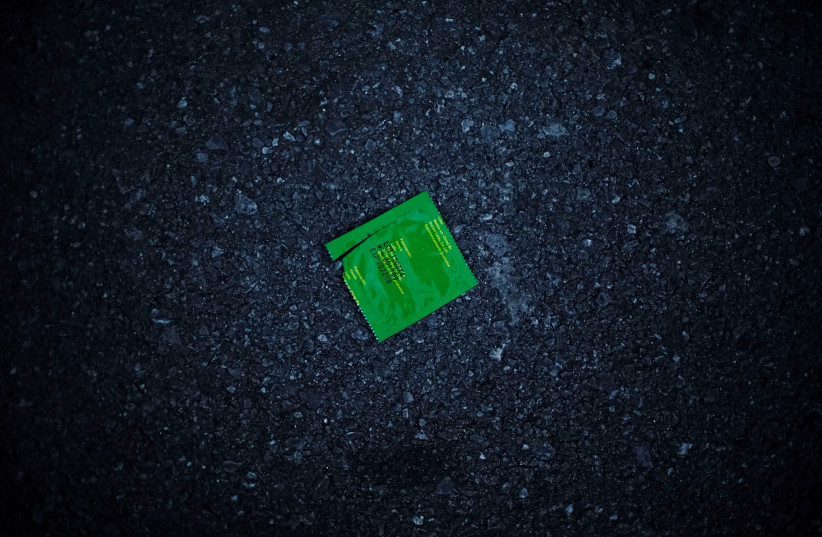Chlamydia is one of the most common sexually transmitted infections (STIs) in the world.
This infamous infection causes discharge and considerable pain and discomfort to whomever has it, regardless of one's gender.
Despite this, chlamydia is very treatable, but cases are still frequent throughout the world.
But what is chlamydia? What are the symptoms? Can it kill you?
Here is everything you need to know.

What is chlamydia? What are chlamydia symptoms?
Chlamydia is an STI caused by infection with the bacteria known as Chlamydia trachomatis.
Chlamydia infections are common, supposedly impacting around 4% of women and 3% of men around the world.
In terms of symptoms, it can be hard to tell at first because most people who are infected don't show symptoms, and when they do show them they only appear a few weeks later.
Keep in mind though that one is still contagious for around two to six weeks.
In terms of symptoms a few commonly cited ones are:
- Pain while urinating
- Unusual discharge from either the penis, vagina or rectum
- Bleeding from the vagina after sex and bleeding between periods
- Pain and swelling in testicles
- Rectal pain and bleeding
However, these are just the normal symptoms. They can get worse.
For example, especially among men, chlamydia is thought to be able to cause reactive arthritis.
In both sexes, chlamydia is also known to cause an eye disease called Trachoma, a form of chronic conjunctivitis that was once the leading cause of blindness in the world.
And not only can this happen to regular people infected with chlamydia, but it can also happen to infants should someone contract chlamydia while pregnant.
However, that isn't even the only problem with pregnancy and chlamydia, as it can also cause premature birth, entoptic pregnancy and spontaneous abortion.
<br>How do you get chlamydia?
Chlamydia is caused by unprotected sex spreading the bacteria.
According to the UK National Health Services (NHS), these are the following ways one can contract chlamydia.
- Having sex without a condom, meaning unprotected vaginal, anal or oral sex
- Sharing sex toys without washing them or covering them with a new condom
- Unprotected genital contact - actual sex, penetration or ejaculation isn't needed to transmit chlamydia, just contact of genitalia
- Semen or vaginal fluid infected with chlamydia getting into your eye
<br>Can you get chlamydia from oral sex?
Technically yes, but it's less likely. However, it can still happen.
The symptoms of chlamydia in the throat are often not present, or they could only have a sore throat and flu-like symptoms. Other times it can escalate to mouth pain, sores, difficulty swallowing or bumps on the tongue. The symptoms can also resemble strep throat, including with white spots on the tonsils or back of the throat.
Importantly, though, someone with chlamydia in the throat can spread it by performing oral sex.
<br>Can you get chlamydia from kissing?
No, you cannot get chlamydia from kissing.
<br>How can you tell if you have chlamydia?
Chlamydia can be diagnosed by testing, which is recommended for women under the age of 25, pregnant people and gay and bisexual men.
This testing is usually in the form of swab tests or urine samples. It is also possible to get a home testing kit.
<br>Is chlamydia curable?
Yes, chlamydia is very curable. Treatments with antibiotics have been shown to be extremely effective at curing the infection.
However, doctors advise waiting for a week or so after treatment before having sex again, including oral sex.
<br>How can you prevent chlamydia?
The steps to prevent chlamydia are rather simple. Firstly, abstaining from sex has been shown to be an almost guaranteed method of preventing chlamydia, as well as most other STIs. But also effective is using condoms to cover the penis, using a dam to cover the vagina and not sharing sex toys, or at least washing them or covering them with a new condom between uses.
Can chlamydia kill you?
Technically no, but it can cause a number of long-term health problems, as described earlier, as well as causing infertility. And some of these resulting complications caused by chlamydia, like an entopic pregnancy, can be fatal.
